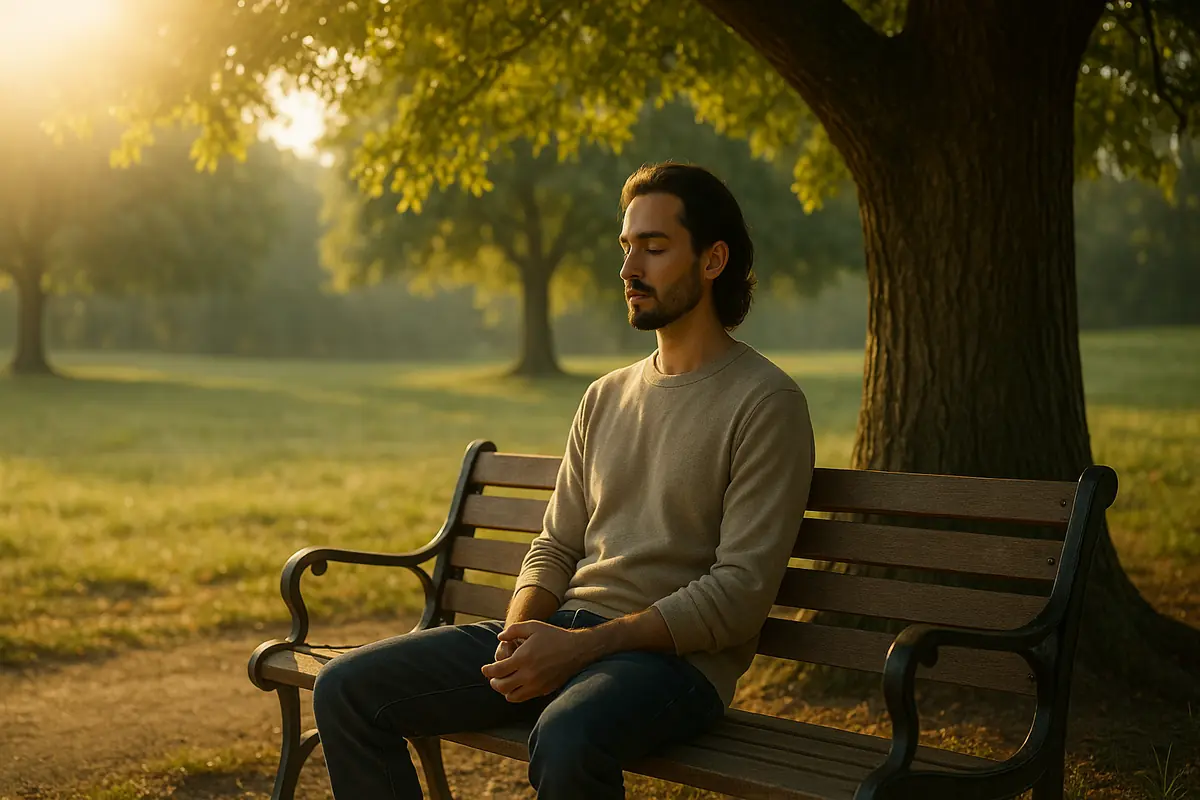The Value of Doing Nothing
Discover how ancient philosophers found wisdom in stillness — and why doing nothing might be the most productive thing you do today.

In a world obsessed with productivity, the idea of doing nothing feels almost rebellious. Every moment is scheduled, every pause filled. But what if the greatest insights don’t come from constant action — but from stillness?
Philosophers throughout history have celebrated the power of idleness. The ancient Greeks had a word for it: scholé — the root of “school.” To them, leisure wasn’t wasted time; it was sacred space for reflection, conversation, and discovery. Aristotle believed that contemplation was the highest human activity, while Seneca warned that being busy all the time often means being busy with the wrong things.
Fast-forward to today, and we’ve flipped the script. Rest has become something to earn, not something to honor. We fill silence with scrolling, replace solitude with stimulation, and treat stillness like failure. Yet our relentless motion rarely makes us wiser — just more tired.
Doing nothing doesn’t mean being lazy. It means allowing your mind to breathe. It’s the quiet space where thoughts connect, patterns emerge, and creativity blossoms. Neuroscientists even have a name for this: the “default mode network.” It activates when the mind is at rest — and it’s where imagination and problem-solving thrive.
Think of those moments when you’ve had your best ideas — in the shower, on a walk, or staring out the window. That’s your brain doing its best work when you’re doing “nothing.” It’s not inactivity; it’s mental restoration.
Stillness also helps us see what matters. When we pause long enough to notice the world, we reconnect with curiosity, gratitude, and presence. The Stoics practiced this deliberately — stepping back from the noise of daily life to regain perspective. Marcus Aurelius wrote in his Meditations, “Nowhere can man find a quieter or more untroubled retreat than in his own soul.”
Doing nothing, then, isn’t an escape from responsibility — it’s preparation for it. When we rest the mind, we sharpen it. When we slow down, we see more clearly. When we let go of constant doing, we rediscover the art of simply being.
Maybe the next time you feel pressure to stay busy, you could try something radical: stop. Sit under a tree. Breathe. Think — or don’t. You might just find that doing nothing is the most valuable thing you can do.